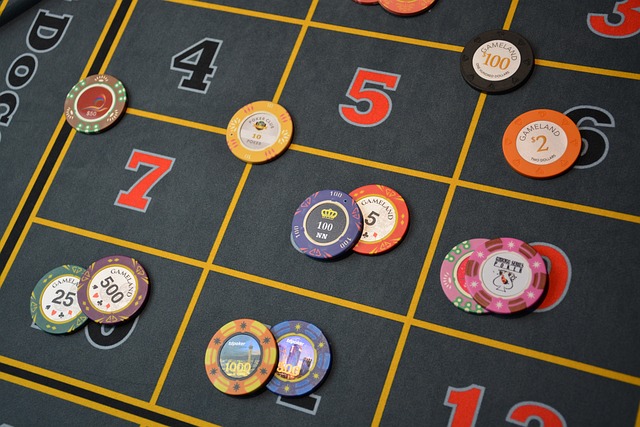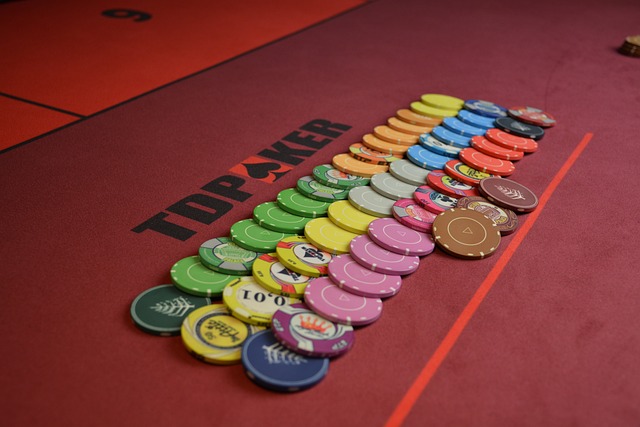As online gambling platforms expand, players today have more options than ever when it comes to funding their accounts. The two most popular deposit methods are fiat currencies—such as USD, EUR, or GBP—and cryptocurrencies, including Bitcoin, Ethereum, and stablecoins. Each method has unique advantages and drawbacks that impact speed, security, accessibility, and overall user experience.
Whether you’re new to online casinos or considering switching your preferred deposit method, understanding the key differences between fiat and crypto can help you make smarter, more secure decisions. Your choice may influence not only how quickly you can start playing but also how much you pay in fees and how private your transactions are.
This comparison explores the strengths and limitations of both methods, giving you the insight needed to select the deposit type that best matches your gambling habits and financial priorities.
Speed of Deposits and Withdrawals
Fiat deposits through credit cards, bank transfers, or e-wallets like PayPal and Skrill are generally quick—especially for deposits. Most casinos process fiat deposits instantly or within a few minutes. However, withdrawals can be slow, often taking 1–5 business days depending on the method and the casino’s processing speed.
In contrast, crypto deposits and withdrawals are often much faster. Deposits are usually confirmed on the blockchain within minutes, and withdrawals—especially to wallets like Bitcoin or USDT—can be completed just as quickly. Speed is one of crypto’s biggest advantages, especially for players who value rapid access to their funds.
For those who prioritize instant access and fast cashouts, crypto clearly wins in terms of speed.
Security and Privacy

Security is crucial when gambling online. Fiat transactions typically go through regulated financial institutions, providing buyer protections and fraud prevention tools. However, this also means sharing your personal and banking information with the casino—something that not all players are comfortable with.
Crypto transactions, on the other hand, offer a high level of anonymity and user control. You don’t need to share sensitive personal data, and funds are transferred directly from wallet to wallet via blockchain. This reduces the risk of identity theft or third-party access to your financial details.
That said, crypto payments are irreversible, and if you make a mistake, such as sending to the wrong address, your funds are likely lost. There’s also no chargeback option like you’d get with a credit card.
If privacy and decentralization are important to you, crypto offers greater control, while fiat provides more traditional financial safeguards.
Fees and Transaction Costs
Fee structures vary depending on the method and platform. Fiat methods like credit cards may involve currency conversion fees, banking fees, or processing charges from either the casino or your financial institution. Some e-wallets also take a cut when you withdraw.
With crypto, fees depend on the network being used. Ethereum, for instance, can have high gas fees during peak times, while Litecoin, Tron, and Polygon typically offer low-cost or even negligible transaction costs.
Many crypto casinos don’t charge any fees for deposits or withdrawals, though you may still incur network transaction fees from your wallet provider. In general, crypto can be more cost-effective, especially for international players who would otherwise face cross-border fees with fiat.
Accessibility and Availability
Fiat deposits are widely accessible and familiar to most players. Virtually everyone has a debit or credit card, and most regions support bank transfers and e-wallets. Licensed casinos often require fiat options to serve regulated markets.
However, in certain regions, gambling transactions may be blocked or restricted by banks or card issuers. Players in these areas may face delays or denials when using fiat.
Cryptocurrency provides a global, decentralized alternative. If you have access to a crypto wallet and a supported coin, you can deposit from virtually anywhere—regardless of your local banking system or government restrictions.
This makes crypto particularly attractive for players in countries where gambling is regulated or censored. Crypto expands access, but it does require a basic understanding of wallets, exchanges, and blockchain technology.
Bonus Eligibility and Promotions
Some casinos treat fiat and crypto deposits differently when it comes to bonuses. For fiat users, welcome bonuses are common—often including matched deposits, free spins, and reload bonuses.
Crypto users may have separate promotions, or in some cases, may not qualify for traditional fiat bonuses. However, the growing number of crypto-focused casinos now offer exclusive bonuses for digital currency users, including higher match percentages and lower wagering requirements.
Always read the terms and conditions. Depending on the platform, your deposit method may determine your bonus eligibility—and your ability to meet wagering requirements.
Which One Is Right for You?

Choosing between fiat and crypto deposits depends on your preferences, location, and priorities. Consider the following:
Choose fiat if you:
- Prefer familiar and regulated payment options
- Want access to standard bonuses and promotions
- Don’t mind longer withdrawal times
- Trust traditional financial institutions
Choose crypto if you:
- Value privacy and faster transactions
- Want lower fees and borderless access
- Are comfortable using digital wallets and exchanges
- Live in regions with banking or gambling restrictions
Both deposit types have their strengths, and many modern online casinos now support hybrid systems—allowing you to switch between fiat and crypto depending on your needs. By understanding the differences and how they impact your gambling experience, you can make smarter, more secure decisions and enjoy seamless play every time you log in.
